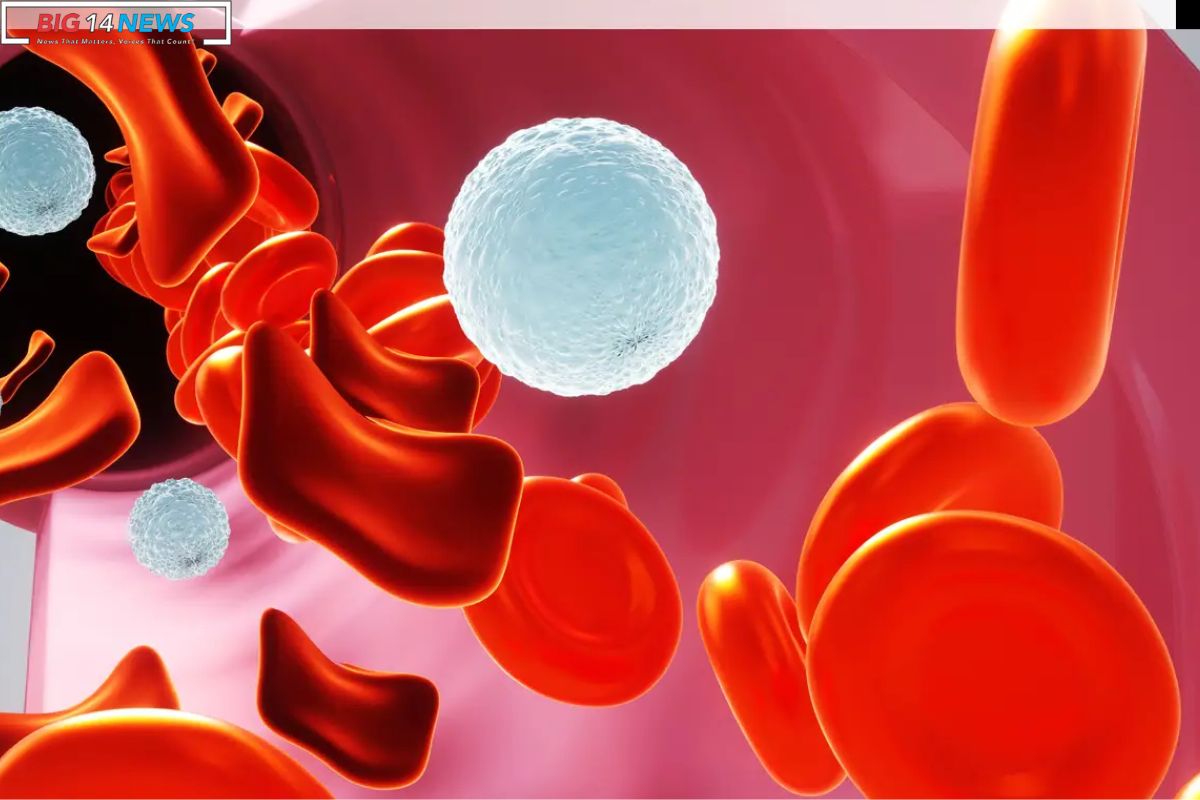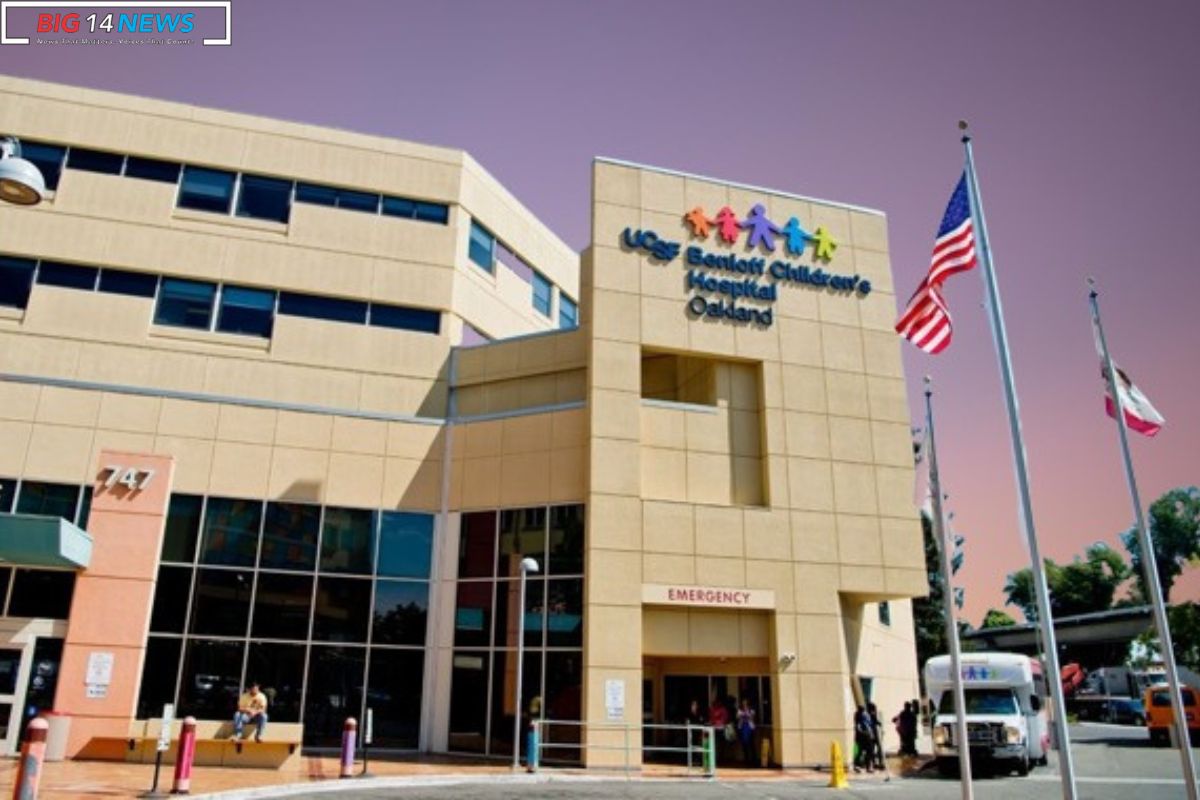UCSF Benioff Oakland First Administer FDA Approved: UCSF Benioff Children’s Hospital Oakland is the first West hospital to use Zynteglo, a new FDA-cleared gene therapy for beta-thalassemia. If permitted in August 2022, gene therapy could alter treatment for this rare genetic blood disorder, which causes anemia and requires lifelong blood transfusions. On Aug 15, 2023, a 9-year-old from Oakland was the first to get this treatment. If the treatment is successful, the child may no longer need blood transplants and could lead a normal life.
Beta thalassemia is a blood problem that affects around 1,500 people in the U.S., mainly from the Mediterranean, Middle East, or South Asia. The disorder is often detected in newborn tests; treatment begins at six months. Patients require regular blood donations to maintain their red blood cell counts and prevent life-threatening organ damage.
The therapy was tested in a study led by Dr. Mark Walters, Director of the Pediatric Bone Marrow Transplant Program at UCSF Benioff Oakland. The trial ended in March 2022. After treatment, 90% of participants had improved hemoglobin levels. Patients in the study stopped other treatments they were receiving.
Zynteglo alters the patient’s blood stem cells genetically to fix the faulty gene that affects hemoglobin production. After lab-made stem cells, the patient receives strong chemotherapy to eliminate the remaining bad blood cells. The stem cells are then reinserted into the patient’s body. Over a few months, stem cells move to bone marrow and produce healthy blood cells. This reduces the need for blood transfers.


Walters said, “This gene therapy is groundbreaking as it uses the patient’s blood stem cells, eliminating the need for a donor.” Patients no longer need to find a suitable donor, which is often difficult and time-consuming. Each patient becomes their donor.Patients receiving treatment will be monitored closely for months to ensure their blood count remains healthy and detect potential side effects or infections post-chemotherapy.
The UCSF Benioff Children’s Hospital in Oakland was one of three U.S. locations for gene therapy trials and is now among 15 approved places in the country to administer it. Dr. Walters praised the treatment as a potential “life-changer for beta-thalassemia patients.” He said the current standard of care, involving costly monthly transfusions for life, is difficult to handle. UCSF Benioff Oakland is leading a medical revolution to improve the lives of people with a rare genetic disorder by providing a therapy that can cure or lessen the severity of beta-thalassemia.
Also Read: 2023 College Football Opener: Utah Utes Stun Florida Gators, Nebraska Struggles Continue
Our Reader’s Queries
What is the drug for beta thalassemia?
Enhancing the Health of Red Blood Cells in Beta Thalassemia (BT) patients could potentially reduce the frequency of required transfusions. Currently undergoing testing for individuals with alpha thalassemia and BT, Mitapivat is an innovative medication administered in the form of a twice-daily oral tablet.
What is the latest treatment for thalassemia major?
New methods like hematopoietic stem cell transplantation are being used to tackle the disease. Prenatal diagnosis and transfusion therapy are part of the disease management plan. Among these, bone marrow transplantation (BMT) is the only potentially curative option. However, the current approaches have limitations in the form of transplant-related mortality and graft-vs-host disease.
Is thalassemia a medical condition?
Thalassemia is a genetic blood condition that results in lower levels of hemoglobin, the substance that helps red blood cells carry oxygen. This can lead to anemia and feelings of fatigue.
What are the symptoms of beta thalassemia?
Signs and symptoms of beta thalassemia intermedia or major may include severe fatigue, pale skin, difficulty breathing, rapid heartbeat, mood changes, slow growth, and alterations in facial and cranial bone structure.

